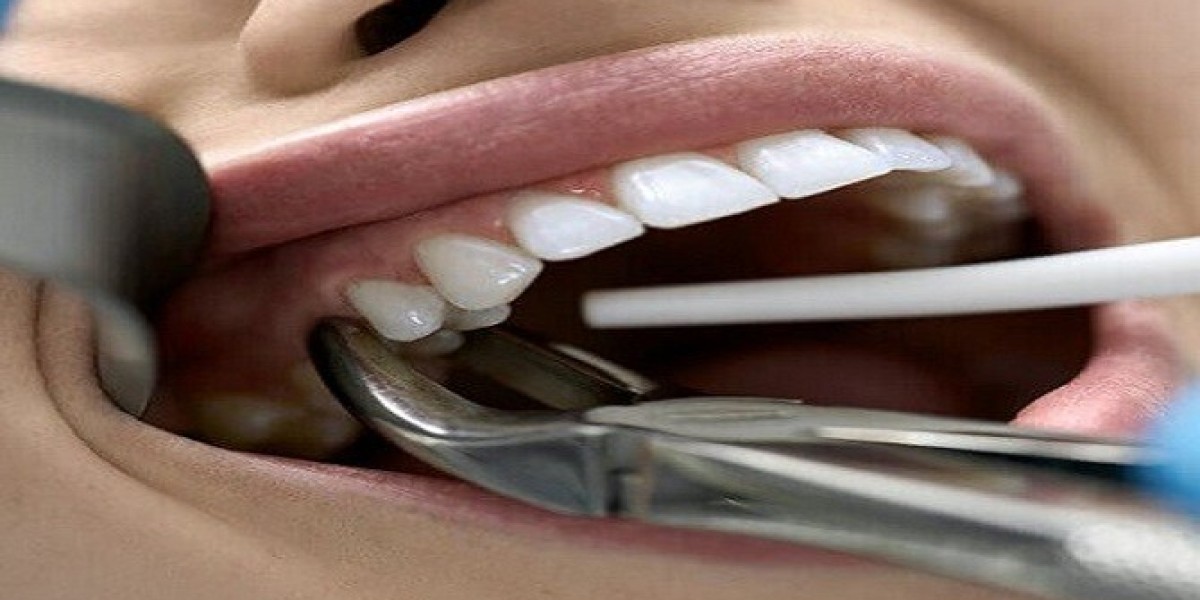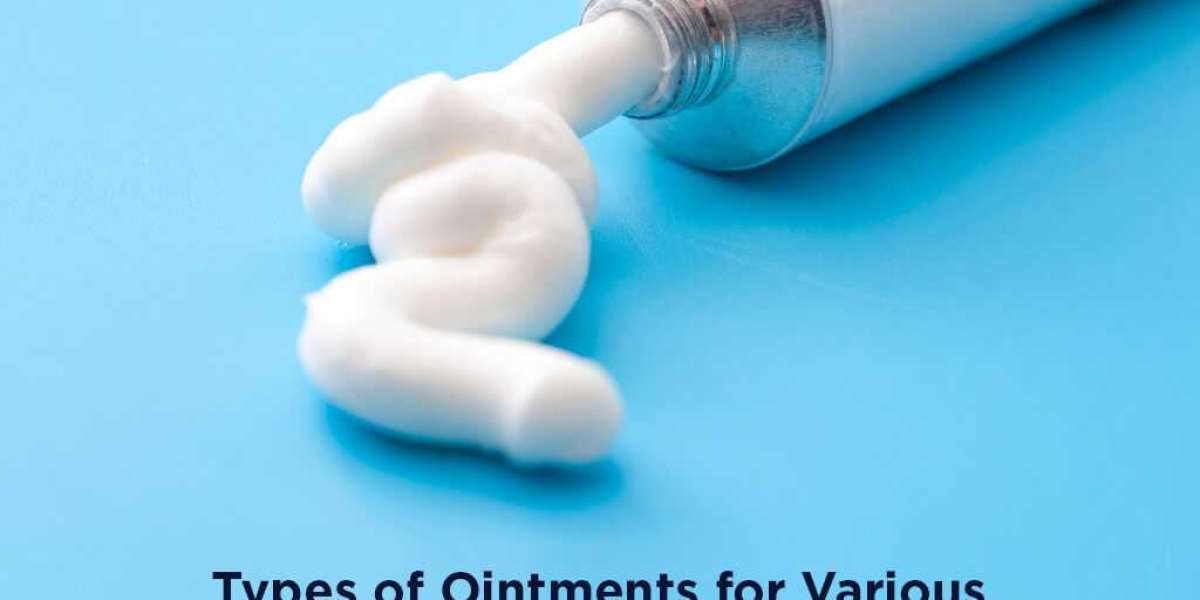Tooth extraction, while generally safe when performed by qualified professionals, carries certain risks and potential complications that should be considered. Here are the risks associated with Tooth Extraction In Dubai, as well as how they are typically managed:
Pain and Discomfort: It's common to experience some pain and discomfort after a tooth extraction. This can usually be managed with pain medications prescribed by your dentist. Proper post-operative care, including ice packs and resting, helps alleviate discomfort.
Bleeding: Bleeding is normal after an extraction and should gradually decrease within a few hours. Your dentist will provide gauze to help control bleeding, and you may be instructed to bite down on it gently.
Infection: There is a risk of infection at the extraction site. Your dentist will likely prescribe antibiotics to prevent infection or treat it if it occurs. It's important to follow post-operative care instructions meticulously to minimize this risk.
Dry Socket: This occurs when the blood clot that forms in the socket after extraction is dislodged prematurely or fails to form properly. It exposes the bone and nerves, causing severe pain. Your dentist may place a medicated dressing in the socket to promote healing and alleviate discomfort.
Damage to Surrounding Structures: During extraction, nearby teeth, nerves, or sinus cavities can be accidentally damaged. Dentists in Dubai take precautions to minimize these risks through careful assessment and planning before the procedure.
Nerve Injury: There is a slight risk of nerve damage, particularly with lower wisdom teeth extractions, which can cause numbness or tingling in the lips, tongue, or chin. Most cases are temporary, but in rare instances, it can be permanent.
Delayed Healing: Factors such as smoking, poor oral hygiene, or certain medical conditions can delay healing. Following your dentist's post-operative care instructions, including proper oral hygiene practices and dietary restrictions, helps promote timely healing.
Anesthetic Complications: Adverse reactions to local or general anesthesia are rare but possible. Your dentist will review your medical history and discuss any concerns before administering anesthesia to minimize risks.
To mitigate these risks, choose a reputable dental clinic in Dubai with experienced dentists and follow their recommendations closely both before and after the extraction. Open communication with your dentist about your medical history and any concerns you have will help ensure a safe and successful tooth extraction procedure.








